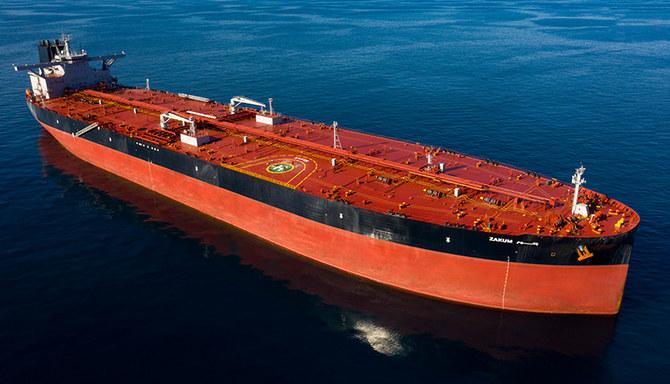In the dynamic world of maritime operations, ADNOC-approved vessels play a crucial role, particularly in the oil and gas industry. ADNOC, the Abu Dhabi National Oil Company, operates one of the world’s largest oil and gas reserves and has stringent requirements for vessels involved in its operations. This comprehensive guide aims to provide insights into what ADNOC-approved vessels are, why they are essential, and the process involved in obtaining ADNOC approval.
What are ADNOC Approved Vessels?
ADNOC-approved vessels are maritime vessels that meet the stringent safety, quality, and environmental standards set by the Abu Dhabi National Oil Company. These vessels are authorized to operate within ADNOC’s offshore and onshore facilities for various purposes, including transporting personnel, supplies, and equipment, as well as supporting offshore drilling and production activities. ADNOC-approved vessels undergo rigorous inspections, audits, and assessments to ensure compliance with ADNOC’s requirements and regulations.
Why are ADNOC Approved Vessels Essential?
ADNOC-approved vessels are essential for the safe and efficient operation of ADNOC’s oil and gas facilities, both offshore and onshore. These vessels play a critical role in transporting personnel and cargo to and from offshore platforms, supply bases, and ports, ensuring the continuity of operations and the timely delivery of essential supplies and equipment. Additionally, ADNOC-approved vessels are subject to strict safety and environmental standards to minimize the risk of incidents and protect the marine environment.
The Process of Obtaining ADNOC Approval:
Obtaining ADNOC approval for a vessel involves a comprehensive process that includes several steps and requirements. The process typically begins with the vessel owner or operator applying ADNOC, along with supporting documentation and certificates demonstrating compliance with ADNOC’s standards and regulations. ADNOC conducts a thorough review of the application, including an assessment of the vessel’s technical specifications, safety features, crew qualifications, and environmental performance.
Following the initial review, ADNOC may conduct on-site inspections and audits of the vessel to verify compliance with its requirements. These inspections may include checks of the vessel’s structural integrity, safety equipment, navigation systems, pollution prevention measures, and crew training and competency. If the vessel meets ADNOC’s standards and requirements, it is approved to operate within ADNOC’s facilities for a specified period, typically subject to periodic re-evaluations and audits to ensure ongoing compliance.
Benefits of ADNOC-Approved Vessels:
There are several benefits associated with operating ADNOC-approved vessels, both for vessel owners/operators and for ADNOC itself:
Access to ADNOC Contracts: ADNOC-approved vessels have access to a wide range of contracts and opportunities to provide maritime services to ADNOC’s offshore and onshore facilities, including transportation, support, and supply services.
Enhanced Safety and Reliability: ADNOC-approved vessels are subject to rigorous safety and quality standards, ensuring the safety of personnel and assets and minimizing the risk of incidents or accidents.
Compliance with Regulations: Operating ADNOC-approved vessels demonstrates a commitment to compliance with ADNOC’s regulations and standards, as well as international maritime regulations and best practices.
Reputation and Credibility: Having ADNOC approval enhances the reputation and credibility of vessel owners/operators, demonstrating their ability to meet the highest standards of safety, quality, and environmental performance.
Long-Term Partnerships: Operating ADNOC-approved vessels can lead to long-term partnerships and relationships with ADNOC and other stakeholders in the oil and gas industry, providing stability and opportunities for growth and expansion.
Final Thoughts:
In conclusion, understanding ADNOC-approved vessels is essential for companies operating in the maritime sector, particularly those involved in the oil and gas industry. These vessels play a critical role in supporting ADNOC’s offshore and onshore operations, transporting personnel, supplies, and equipment safely and efficiently. Obtaining ADNOC approval involves a comprehensive process that requires compliance with stringent safety, quality, and environmental standards. However, the benefits of operating ADNOC-approved vessels, including access to contracts, enhanced safety and reliability, and credibility in the industry, make it a worthwhile investment for vessel owners and operators. By adhering to ADNOC’s requirements and maintaining high standards of performance, companies can contribute to the success and sustainability of ADNOC’s operations and the broader oil and gas industry in the region.
